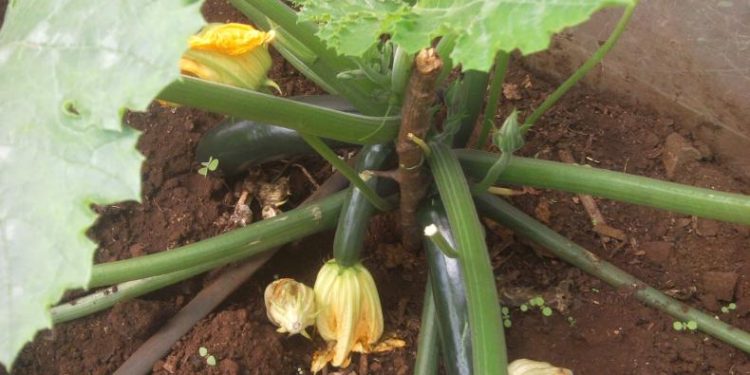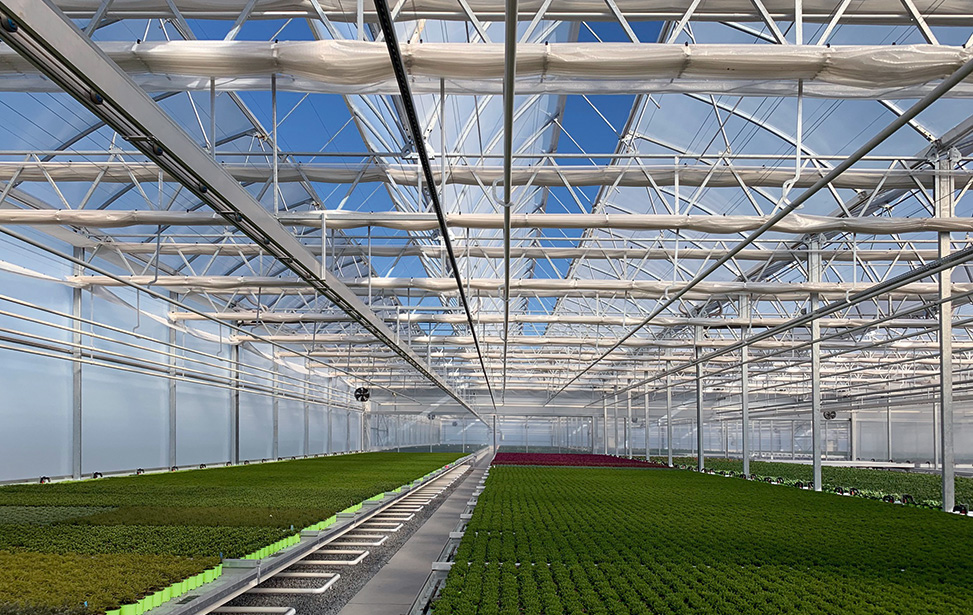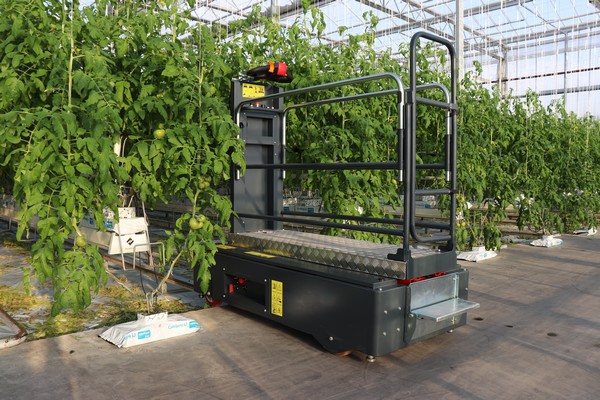The first harvest of Japanese-quality zucchini arrived on the shelves of Khabarovsk stores. JGC Evergreen continues to experiment with growing vegetables in a greenhouse despite logistical difficulties and rising seed costs. This winter, a local agricultural producer, in addition to fresh cucumbers, tomatoes and herbs, can also offer customers eggplants, peppers and two varieties of zucchini.
Previously, in winter, only zucchini brought from China could be found on Khabarovsk shelves. The agronomists of the company “JJC Evergreen” decided to diversify their assortment. For the experiment, two varieties of zucchini were taken at once.
“Salvador is not the usual color, and in terms of yield it is better, so it was sown more, and Sherkhan was sown a little, for a change. We are always happy to try something new, there is enough space for these experiments,” said Natalya Chernysheva, chief agronomist at JCG Evergreen.
Some zucchini are green and sweet, others are white with a familiar taste. There are 170 bushes in total, which agronomists planted in the greenhouse in early November. A few days ago, vegetable growers harvested the first crop – 19 kilograms. They have already been delivered to 8 branded outlets. There you can also find tomatoes that no one else grows in the Far East.
“This year, our agronomists have grown a new variety of red carpus tomato, it is called Amurin. It is presented in the form of such hearts, such an unusual beautiful shape,” said Svetlana Kuzmenko, quality control manager of the JCG Evergreen greenhouse complex.
Agronomists work according to Japanese technology – using only a mineral substrate. The company has been growing vegetables in Khabarovsk since 2015. Now the greenhouse complex occupies five hectares. The company plans to double the planted area and add more light, which will speed up ripening and allow even more vegetables to be delivered to stores.
The company will be able to recover part of the cost of equipping greenhouses thanks to regional measures to support agricultural producers who work in greenhouses. At the initiative of the head of the region, almost 4 million rubles were allocated for these purposes in 2022. Next year, another regional subsidy will appear – it will help offset energy costs.
A source: https://khabarovsktv.ru









